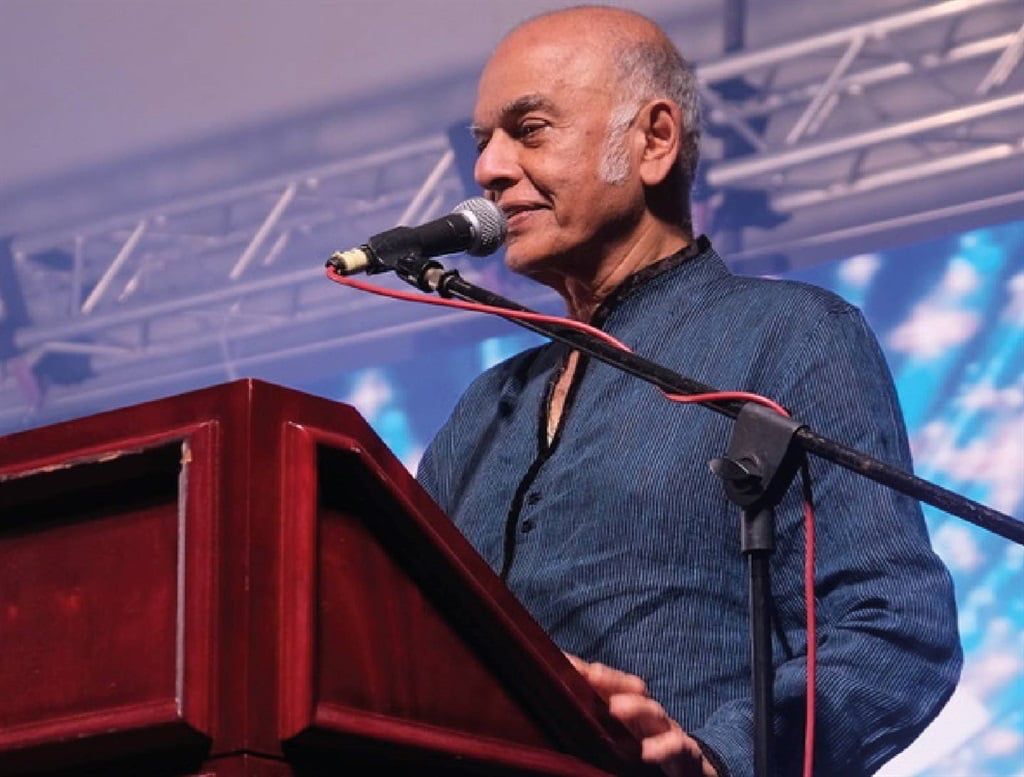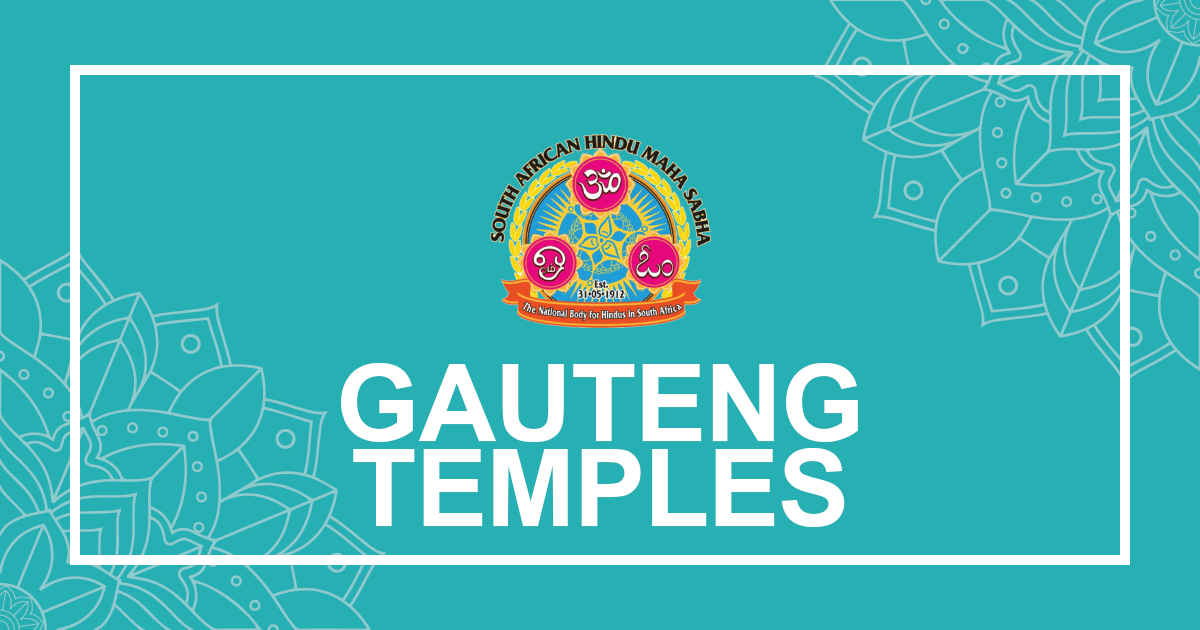
HINDU FUNERALS – “TAMASHA OR MOURNING”
Bereavement is always emotionally traumatic for affected families. Different faiths and cultures have various rites and rituals associated with funerals. In some faiths it is mandatory to provide a meal after a funeral, while in others meals will only be provided for guests after a mandatory mourning period and the completion of certain rituals.
For Hindus the funeral should be conducted as soon as possible. Cremation is the preferred mode of disposal, which is increasingly being considered by other faiths as our country is rapidly running out of burial space.
The funeral industry is lucrative because death is inevitable. South Africa is ranked in the top 5 of the most expensive places to die. Those who can afford to do so, take funeral insurance policies. The poor and destitute are often left limbo.
Writing from an African perspective, Pamela Maringa from the Jesuit Institute of South Africa raise the question: Do we stop the culture of feeding each other at funerals and risk being labelled the ‘norm breakers’? Kabelo Chabalala, the founder of the Young Men Movement, contended that “we were there to pay our last respects, to support those who lost their loved one and not to have a buffet or attend a food festival where food was the main focus of the day”.
Sadly, this trend of organising extravagant funerals is also creeping into the South African Hindu community. Funerals, like weddings, have become occasions for the ostentatious flaunting of wealth amongst some of the Hindu elite. In some cases, the deceased were never treated to luxuries when alive!
The SA Hindu Maha Sabha recently received the following complaints from the public:
“The Hindu undertakers are a law onto themselves. They have flouted Government rules about Covid funerals and the rights of families. They have turned the Crematorium into a place of noise and excess with bagpipes, live music, drapes and red carpets, All to make more money”.
“And we allow them this! It’s not the way Hindu funerals should be = the Crematorium and the SAHMS needs to restore discipline and Hindu dharma and not allow money and greed to dictate how funerals should be”.
“I have sat in funerals with family members distraught and the sound of bagpipes and sirens outside when we were pushed out of the hall so a guy can drape the doorway etc, and a table outside with food and drinks whilst a family next door is saying goodbye to a loved one. The place is a circus”.
“The crematorium should always remain a place of peace and sanctity, of solemn reflection- anything that compromises this is a subjective expression and should be disallowed. Should it not be an extension of the serenity of the ghat”?
At another funeral recently, a family arrived in a Bentley and the deceased arrived in a Range Rover limousine. Red carpet.Many bunches of roses.Speeches. Food was forbidden by the crematorium( and rightly so )
An undertaker that was present mentioned that such a funeral costs R80k.
More people are made to feel inadequate for simple economic reasons. Our people are soon going to feel that funerals are unaffordable.
What do the Scriptures say?
Once the life leaves, the body, which is made up of the five elements of earth, water, fire, air, and ether, it begins decaying and is considered tainted. All these elements return to their original state after death. There is, therefore, no reason to be proud of the impermanent body when it is clear that the soul is true and eternal. The Bhagavad Gita (2:23) emphasises the eternal nature of the Atma, which is beyond the reach of material things.
For any weapon cannot cut this Atma, nor can it be burnt by fire, nor wet by water or dried by the wind.
Death is simply a change of body for the soul, and the idea is aptly driven home by reference to our everyday experience as given in the Bhagavad Gita (2:22)
Just as a person casts off worn-out garments and puts on new ones, the embodied soul casts off worn-out bodies and enters new ones.
The Garuda Purana advises that on the death of a parent, the sons, daughters, and family should abandon grief. The member of the family who undertakes to perform the rites should have his head shaved; he should dress in a white dhoti and kurta or white pants and shirt after taking a bath. The body of the deceased should also be bathed, smeared with chandan, and dressed in new clothing. The body is also adorned with a garland of fresh flowers. All this should be done with the utmost respect and dignity. We note here the simplicity that is prescribed at the time of death.
In all of the above, we note that the final rites must be done with utmost respect and dignity. Funerals are not a time to be ostentatious. A Hindu funeral should ideally take place within one day after death. The funeral should be planned in a dignified manner. The funeral ceremony may be short (up to 2 hours) and not too long (3 to 4 hours). It is recommended that at such a difficult time, we should use our Dharmic traditions as a source of strength and comfort. This time is better spent remembering God, reciting God’s names, and thinking of God’s glories. Those around the bereaved family can easily facilitate this by reciting verses from the Vedas and other Hindu scriptures. One needs to keep in mind that the cremation ceremony is primarily for performing rituals. This solemn private occasion should not be about ceremonial/public display of wealth.
Serving food to those who attend the funeral is not recommended. According to the Anthyakarma Shraadh Prakash (Gita Press), no food should be served at a funeral. Weddings and celebratory activities are general suspended for several months after death of an immediate relative. It then makes little sense that people are celebrating at the funeral.
Yet our funerals of recent have become nothing but an opportunity to flaunt wealth as bag pipes in Bentleys and the like arrive at the crematorium with family members dressed in English Colonial styled suits instead of the all white cotton Kurta.
In Hindu tradition, a funeral should not be an ostentatious celebration. It is a time to honour the departed with Sanskaar and discipline. It is a time to focus on an appeal to the Lord for salvation for the deceased. Salvation is only possible if there is detachment from material things.
Regards
Ashwin Trikamjee






Unfortunately modern generations are in ignorance about sanatan dharma and our religious leaders are just doing business to become wealthy instead of guiding the society.
It is so sad that our Hindu community has lost their culture and they adopt western culture during funeral especially the loud bagpipes and the expensive cars and decor. Also very sad when the family is asked to rush our of the hall as the body is put into the furnace because of preparing for the decor of another funeral. Family and friends are not given some time to express their condolences to the bereaving family. Very sad. We need to bring an awareness to our community
So very well said, God bless you
Ashwin Trikamjee.🙏
Many thanks for this very informative guideline to adhere to.
It’s very clear & simply explained….. and much needed as a courteous reminder….love & respect always….Thank you…
SAHMS. 🙏
Good Day
The article is very well explained, it gives us the true essence of our hindu dharma.
Just want to share my family history. I was not born during the time of my great grand parents but seeing from the supporting evidence I have, they were simple people, they were followers of sanathan dharma but respected all faiths, their funeral was done by a Arya Samaj Company.
Regards
Vitesh Motilal (Rajpaul)
On point… Hope all of mankind read this… Why go to extra expense. Just not necessary and doesn’t make any sense
Hi this is so true,
Brilliant explanation. Thank you.
What is written by Mr Trikamjee is absolutely true.
The Covid pandemic has cause havoc worldwide but it was also an eye opener for our people that funerals can be contacted without any tamasha.
Possibly the Supremes way of teaching everyone a lesson to go back to their routes and correct their mistakes in life.
Absolutely true funeral
Should be simple.
Funerals should be done with love and respect for the soul.
sir,
when death occurs in a hindu family, the surviving spouse mainly the Male is unaware of what to do. Please publish an article for our hindu community to be aware of what has to be done when someone passes away .Our priests are not keeping with the teachings of our elders, thus changing the rules to suit them.
The younger generation are clueless about their religion. I urge you to please publish this article with in mind that we are in a covid 19 state.
Prayer and rituals have to be followed.
thanking you kindly
R.Maharaj
Namaste, There is a publication (several in fact) on this topic. Contact Shri Luxmi Narayan Temple to purchase a copy of Antyeshti Sanskar and Garuda Purnana.